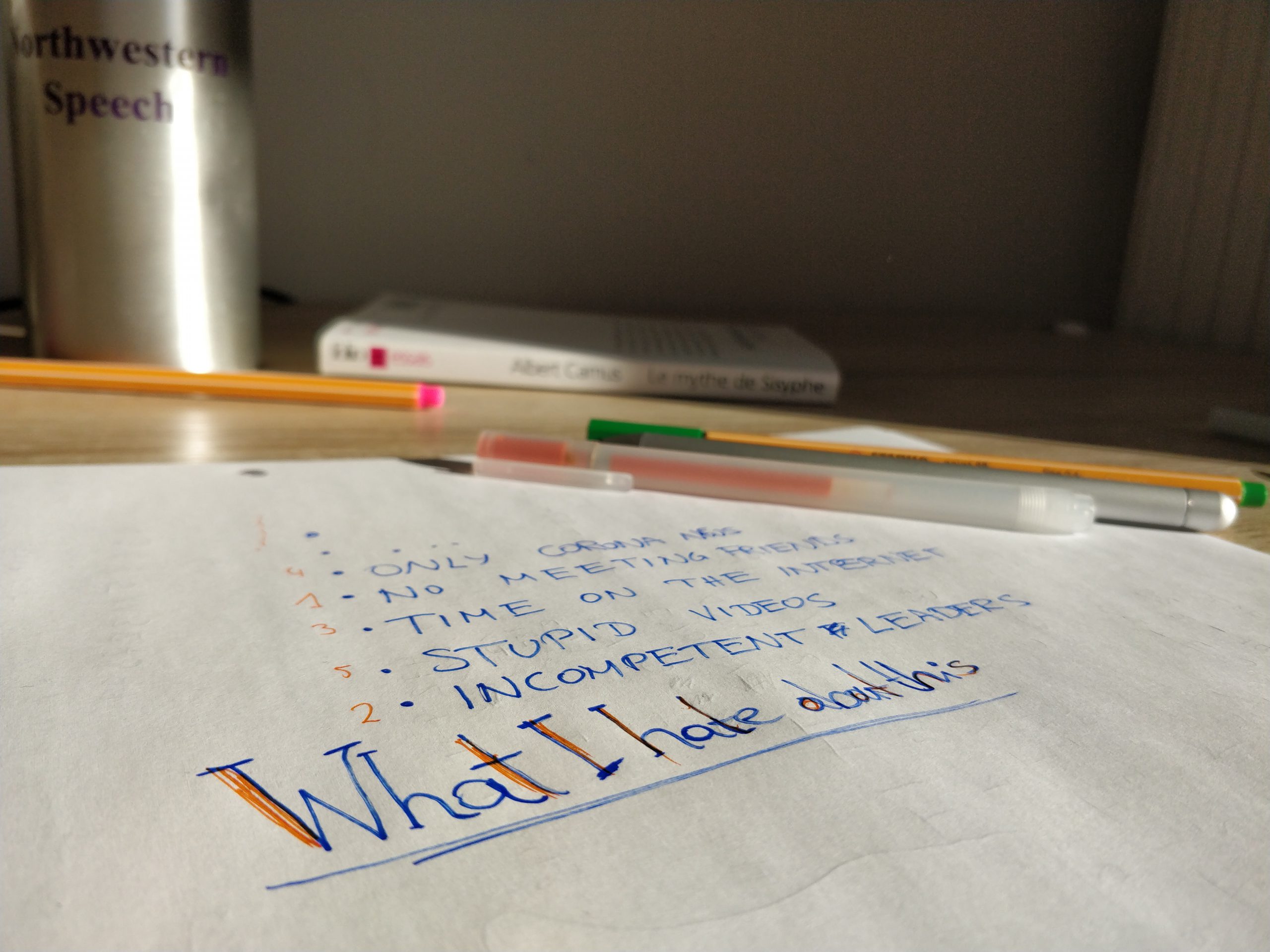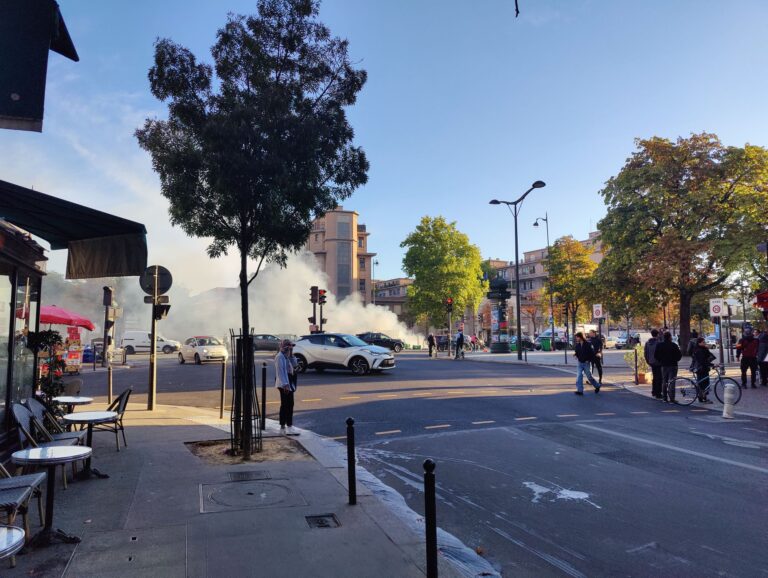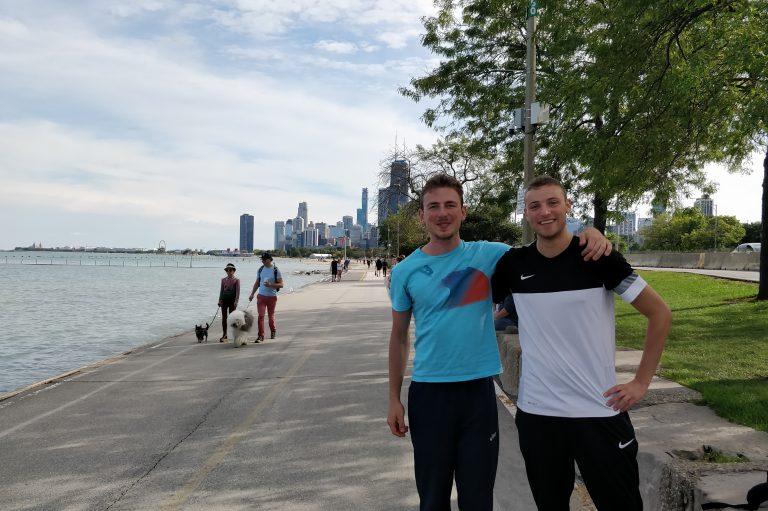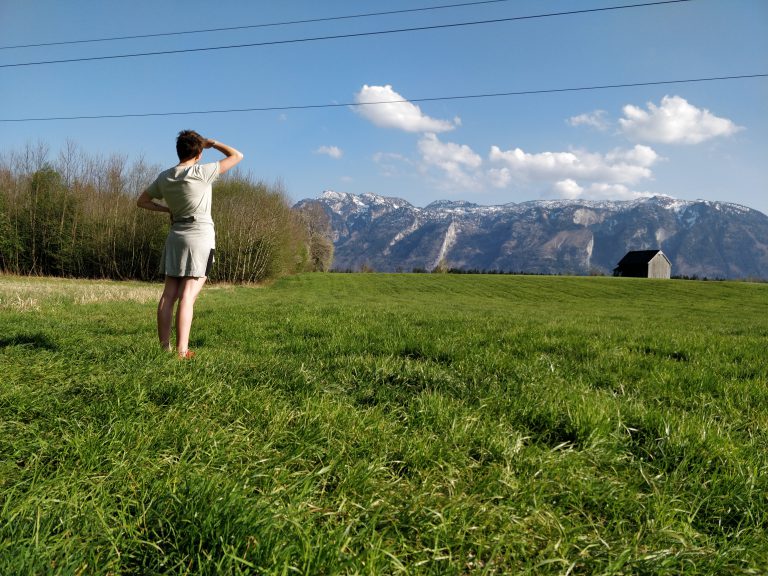There is one question that’s easier to answer when your world seems to come to an end. Unlike other inquiries that need your life situation to be stable and secure, this question benefits from crises:
“What really matters to you?”
“What are your core values?”
During times of stability, this can be hard to answer. While just living our luxurious first-world life, how are we supposed to know what’s our last thing to give up?
The ongoing crisis has clearly interrupted a phase of stability for us, our nations, and our companies. It’s such an all-encompassing crisis that we can observe the display of core values all around us. Our governments show us what matters most to them, we can observe our friend’s actions and even learn about ourselves.
Let’s take some time in our homes to learn about what seems to matter the most.
Big scale humanism
With the number of virus infections growing, every country around the globe was forced to some reaction to the threat. The overwhelming majority decided to take severe measures to slow the virus’s spread. Right now, almost every world leader has the major goal of preserving their citizen’s lives. This is a very humanistic approach, valuing the existence of some out of seven billion over anything else. While life preservation could consequently be identified as every nation’s number one value, there’s a subtle second value of high importance: equality and justice. Every citizen has the same right of their life being preserved. As elderly people are said to be more vulnerable, younger ones must balance out this injustice. The Austrian government, for instance, initially wanted to engage all civil servants from the last four years to help in retirement homes and hospitals. According to our intuition, this is a just measure. The same is true for staying at home and sticking to tight regulations, which guarantees an equal survival right for everyone.
As most of us desire long life and justice, we are enthusiastic about the fight for them. What many seem to forget, however, are the values we need to give up in favor of the two on top. Currently, many basic rights in our democracies are strongly restricted. After talking to my friend Manuel who studies law, I was informed that at least in Austria, these are not absolute basic rights and may have to bow to the absolute ones (like the right to live, apparently). I’m talking about freedom of movement, freedom of assembly, freedom of the press – many freedoms we’re currently giving up.
According to human intuition, these restrictions are reasonable. It’s about our lives after all. Nevertheless, we should observe the value hierarchy that is being exposed. Never have we seen as clearly as now what really matters to our governments. It’s neither economic growth nor quality education. It’s not the stock market, job stability, religious events or social interaction. Equal survival opportunity – that’s the big deal.
This observation has some interesting implications for the vulnerability of our democracies. Not that I’m currently afraid of many countries being taken over by dictators, apart from Hungary perhaps. Nonetheless, the prioritization of equal survival over anything else is a lever for potential dictators. Many have used it in the past: Pretend there is a crisis threatening the lives of citizens. Use this pretext to remove something like freedom of the press. If this is convincing enough to save lives, everyone will agree. Then, find more threats and more answers. Congratulations, you’ve exploited our top values.
Let’s talk about you
After having observed the values of our nations, let’s be a bit more self-centered. It is often claimed that we can use the time of social distancing to get to know ourselves better. When I read this for the first time, I imagined myself sitting cross-legged in my garden for endless hours now available, coming up with plans and discovering my passions. At second thought, this image proved to be total rubbish. With little external sources of inspiration, how should we find out what to do with our lives? Instead, this process of introspection is less positive. It’s about what we dislike about the crisis.
What do you hate most about staying at home? Is it the solitude, the conflicts arising in your family, the impact you can’t have at your workplace? To me, it’s a lot about going wherever I want and meeting people. What we crave the most right now has a high place in our personal value hierarchy. You might want to take a second to take out a sheet of paper and write down what you hate most about the current situation. After brainstorming for a while, rank your points. You’ll get a glimpse of what really matters to you.
This usual process of reflecting on our values is something uniquely available in a crisis. I’ve once attended a seminar hosted by my friend David who’s an excellent trainer. Doing an exercise to find out our core values, I realized how hard it was. Back then, in my usual luxurious life, nothing had pushed me to find out what matters. Right now, we have a great opportunity to get to know ourselves better.
Collective value demonstration
It’s not just us and our governments we can learn about these days. All around us, people showcase what matters to them. The grandma who goes grocery shopping (despite her kids offering help) values independence over safety. Your friend who’s constantly in video calls values relationships over their university tasks. The neighbor who has just ordered a shitty computer from a local store to avoid buying one from amazon values the local economy over his personal comfort. I’m sure you’ll find better examples than these.
Let’s appreciate this time of crisis that teaches us so much about our society and ourselves. Let’s document our thoughts and look back at them once it’s over. In a few months, when we’re hopefully back to our old routines, it won’t be that easy to find out what really matters.








I like your thoughts! But I have to disagree with your last sentence. I’d rather say, let’s NOT get back to our old routines, but overthink them and change them. In my eyes, it’s high time we shaped our society and economy into a more sustainable one.
Greetings from Graz,
Anna
Thank you for your thoughts Anna! That “hopefully” is apparently in a bad place. I agree with you that this crisis should be an opportunity to face the urgent climate crisis that’s been around. There’ll probably be a text about this soon 🙂
All the best wishes from Salzburg!